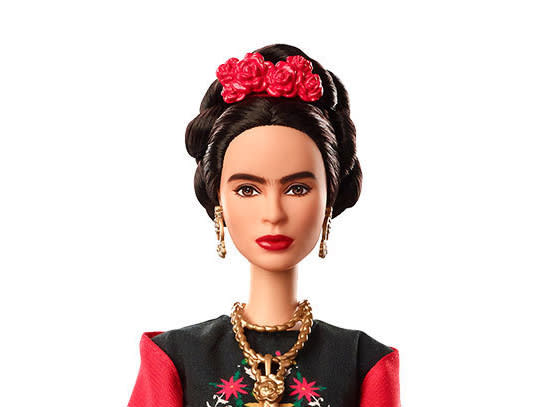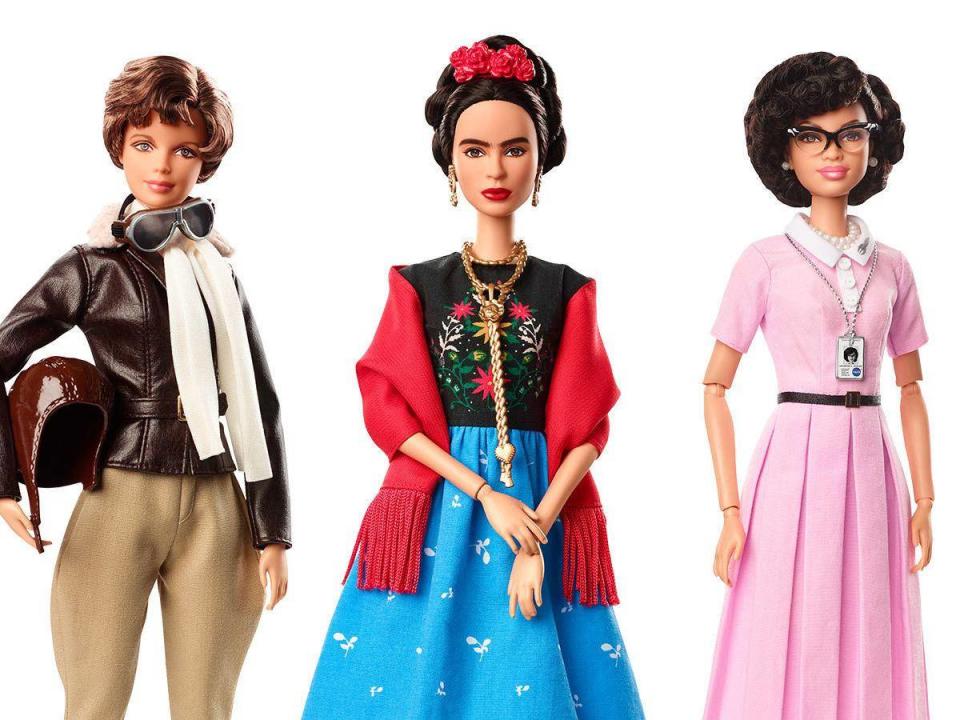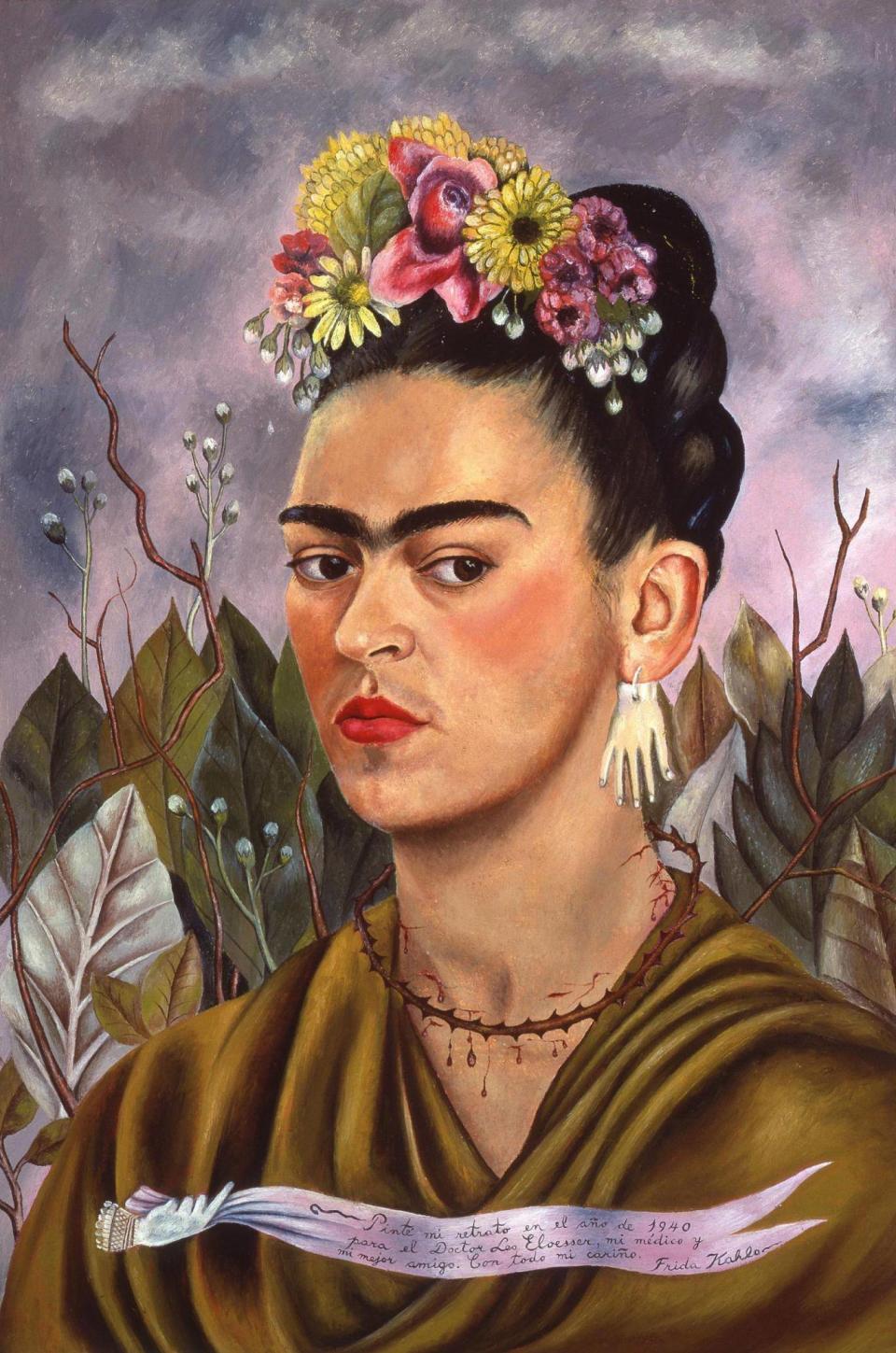Frida Kahlo's family vent anger at Barbie doll version of Mexican artist

A fierce dispute has arisen between Frida Kahlo’s relatives and the corporation which claims it possesses the rights to her image after a toy company announced the Frida doll.
Mattel, a US multinational toy company, revealed a Barbie version of the late radical Mexican painter this week as part of an “Inspiring Women” series.
Kahlo’s family allege the rights to the feminist icon’s image have been stolen and Mattel is not allowed to base a figurine on her.
The family have also accused Mattel of distorting Kahlo’s appearance and disregarding the values the artist - who used her work to explore questions of postcolonialism, gender, class, and race in Mexican society - stood for.

“Mrs Mara Romeo, great-niece of Frida Kahlo, is the sole owner of the rights of the image of the illustrious Mexican painter Frida Kahlo,” the family said in a statement.
But both Mattel, a firm with headquarters in California, and the Frida Kahlo Corporation have rejected the claims.
Since Kahlo, the most popular and recognisable Mexican artist in the world, died in 1954 her image has been appropriated to generate a plethora of consumer products. Her face has been emblazoned on everything from lipstick to tequila to handbags.
Ironically, Kahlo herself was a communist. She joined the Mexican Communist Party in 1927 where she met her husband and celebrated muralist Diego Rivera and was thrust headfirst into a tight-knit circle of activists and artists.
The artist, who is famed for her self-portraits, was known for decorating her corsets with hammer and sickles. She was even laid to rest under a communist flag when she died.
Critics have vented their frustrations about the fact the doll does not accurately represent Kahlo’s heavy eyebrows and have argued the costume fails to accurately depict the intricate, iconic Tehuana-style dresses Kahlo wore.
They have also criticised its slim figure and the lack of any trace of the childhood polio or injuries caused by a bus crash that meant the artist was debilitated for lengthy periods of time.

Mattel insisted the firm possessed the correct permission to produce the representation of Kahlo.
“Mattel has worked in close partnership with the Frida Kahlo Corporation, the owner of all rights related to the name and identity of Frida Kahlo, on the creation of this doll,” a spokesperson told the BBC.
“In addition to the Frida Kahlo Corporation being an important part of the doll development process, we have their permission and a legally binding agreement to make a doll in the likeness of the great Frida Kahlo.”
Mattel also provided a statement from the Frida Kahlo Corporation in which it said it gained its rights to reproduce Kahlo's image from Kahlo's niece, Isolda Pinedo Kahlo.
Kahlo, who is about to have a street in San Francisco renamed in her honour, has become an icon for political movements and minority groups such as the LGBT+ community, feminism, and the Chicanos in the wake of her death.